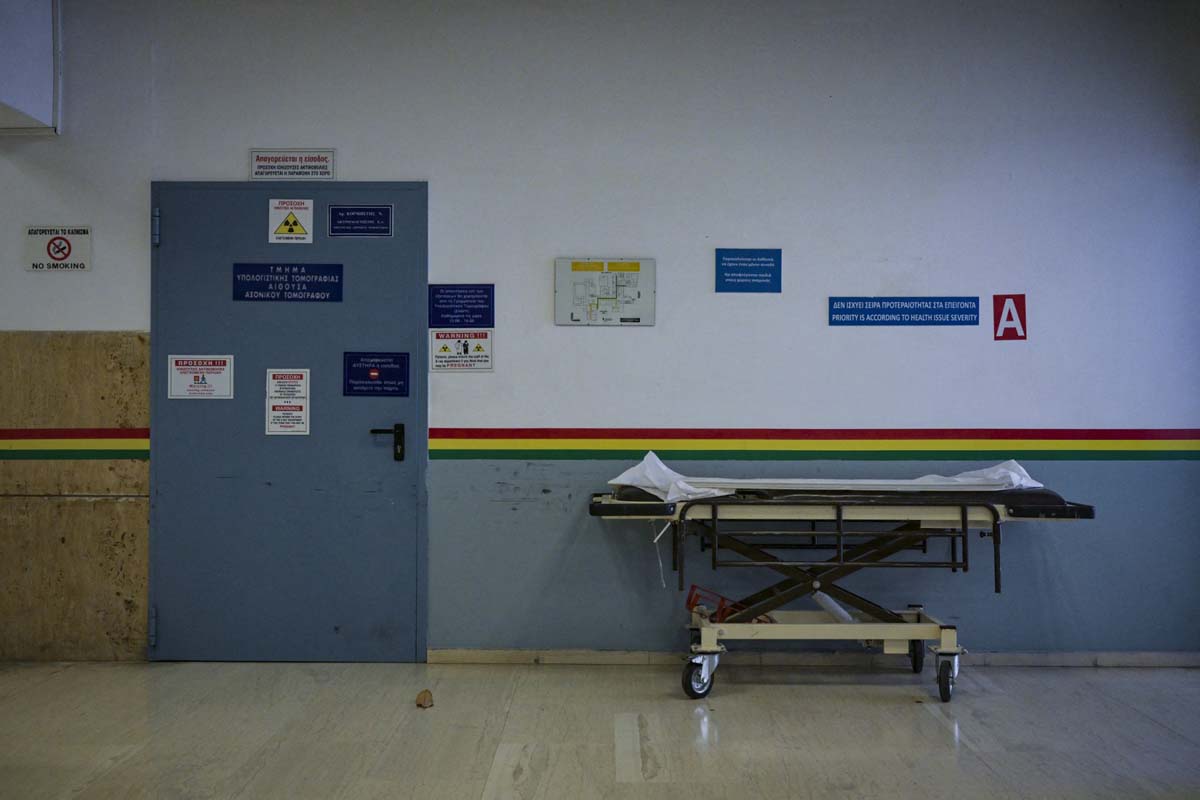
403
Sorry!!
Error! We're sorry, but the page you were looking for doesn't exist.
ECDC Warns: Drug-Resistant Fungus Spreads Across Europe Hospitals
(MENAFN) The European Centre for Disease Prevention and Control (ECDC) confirmed Thursday that a dangerous, drug-resistant fungus is making alarming inroads within hospitals across Europe.
In its latest report, the ECDC revealed that Candida auris (now officially renamed Candidozyma auris) is spreading rapidly, with serious implications for both patient health and hospital operations. This marks the fourth survey on the outbreak, and the ECDC underscored its severity: "The latest survey from the ECDC, the fourth of its kind, confirms that Candidozyma auris (formerly Candida auris) continues to spread quickly across European hospitals, posing a serious threat to patients and healthcare systems," the agency stated.
The ECDC's findings are sobering: cases of the drug-resistant fungus are on the rise, with outbreaks growing in scale and scope. Numerous countries are reporting sustained local transmission.
Between 2013 and 2023, EU/EEA nations documented over 4,000 cases of C. auris, predominantly in Spain, Greece, Italy, Romania, and Germany. In 2023 alone, the number of cases surged to 1,346 across 18 countries. "C. auris has spread within only a few years – from isolated cases to becoming widespread in some countries. This shows how rapidly it can establish itself in hospitals," said Diamantis Plachouras, head of the ECDC’s Antimicrobial Resistance and Healthcare-Associated Infections Section.
In its report, the ECDC highlighted recent outbreaks in the Greek Cypriot Administration, France, and Germany. Meanwhile, countries like Greece, Italy, Romania, and Spain have reported difficulty in isolating specific outbreaks due to the fungus's widespread distribution.
Despite some countries making strides in curbing the outbreaks, the ECDC expressed concern over the lack of adequate surveillance systems. "While some countries have showed positive results in limiting C. auris outbreaks, many are facing key gaps. Despite rising case numbers, only 17 of 36 participating countries currently have a national surveillance system in place for C. auris," the agency warned.
The ECDC also stressed that the true extent of the outbreak could be vastly underreported, given the absence of comprehensive monitoring. "The number of infections is rising," the agency said, "but the true scale of the issue could be under-reported without systematic surveillance and mandatory reporting."
C. auris is a particularly dangerous pathogen because of its resistance to multiple antifungal drugs, making infections hard to treat. It primarily affects vulnerable patients in healthcare environments, and its ability to persist on surfaces and medical equipment heightens its spread within hospitals.
In its latest report, the ECDC revealed that Candida auris (now officially renamed Candidozyma auris) is spreading rapidly, with serious implications for both patient health and hospital operations. This marks the fourth survey on the outbreak, and the ECDC underscored its severity: "The latest survey from the ECDC, the fourth of its kind, confirms that Candidozyma auris (formerly Candida auris) continues to spread quickly across European hospitals, posing a serious threat to patients and healthcare systems," the agency stated.
The ECDC's findings are sobering: cases of the drug-resistant fungus are on the rise, with outbreaks growing in scale and scope. Numerous countries are reporting sustained local transmission.
Between 2013 and 2023, EU/EEA nations documented over 4,000 cases of C. auris, predominantly in Spain, Greece, Italy, Romania, and Germany. In 2023 alone, the number of cases surged to 1,346 across 18 countries. "C. auris has spread within only a few years – from isolated cases to becoming widespread in some countries. This shows how rapidly it can establish itself in hospitals," said Diamantis Plachouras, head of the ECDC’s Antimicrobial Resistance and Healthcare-Associated Infections Section.
In its report, the ECDC highlighted recent outbreaks in the Greek Cypriot Administration, France, and Germany. Meanwhile, countries like Greece, Italy, Romania, and Spain have reported difficulty in isolating specific outbreaks due to the fungus's widespread distribution.
Despite some countries making strides in curbing the outbreaks, the ECDC expressed concern over the lack of adequate surveillance systems. "While some countries have showed positive results in limiting C. auris outbreaks, many are facing key gaps. Despite rising case numbers, only 17 of 36 participating countries currently have a national surveillance system in place for C. auris," the agency warned.
The ECDC also stressed that the true extent of the outbreak could be vastly underreported, given the absence of comprehensive monitoring. "The number of infections is rising," the agency said, "but the true scale of the issue could be under-reported without systematic surveillance and mandatory reporting."
C. auris is a particularly dangerous pathogen because of its resistance to multiple antifungal drugs, making infections hard to treat. It primarily affects vulnerable patients in healthcare environments, and its ability to persist on surfaces and medical equipment heightens its spread within hospitals.

Legal Disclaimer:
MENAFN provides the
information “as is” without warranty of any kind. We do not accept
any responsibility or liability for the accuracy, content, images,
videos, licenses, completeness, legality, or reliability of the information
contained in this article. If you have any complaints or copyright
issues related to this article, kindly contact the provider above.


















Comments
No comment